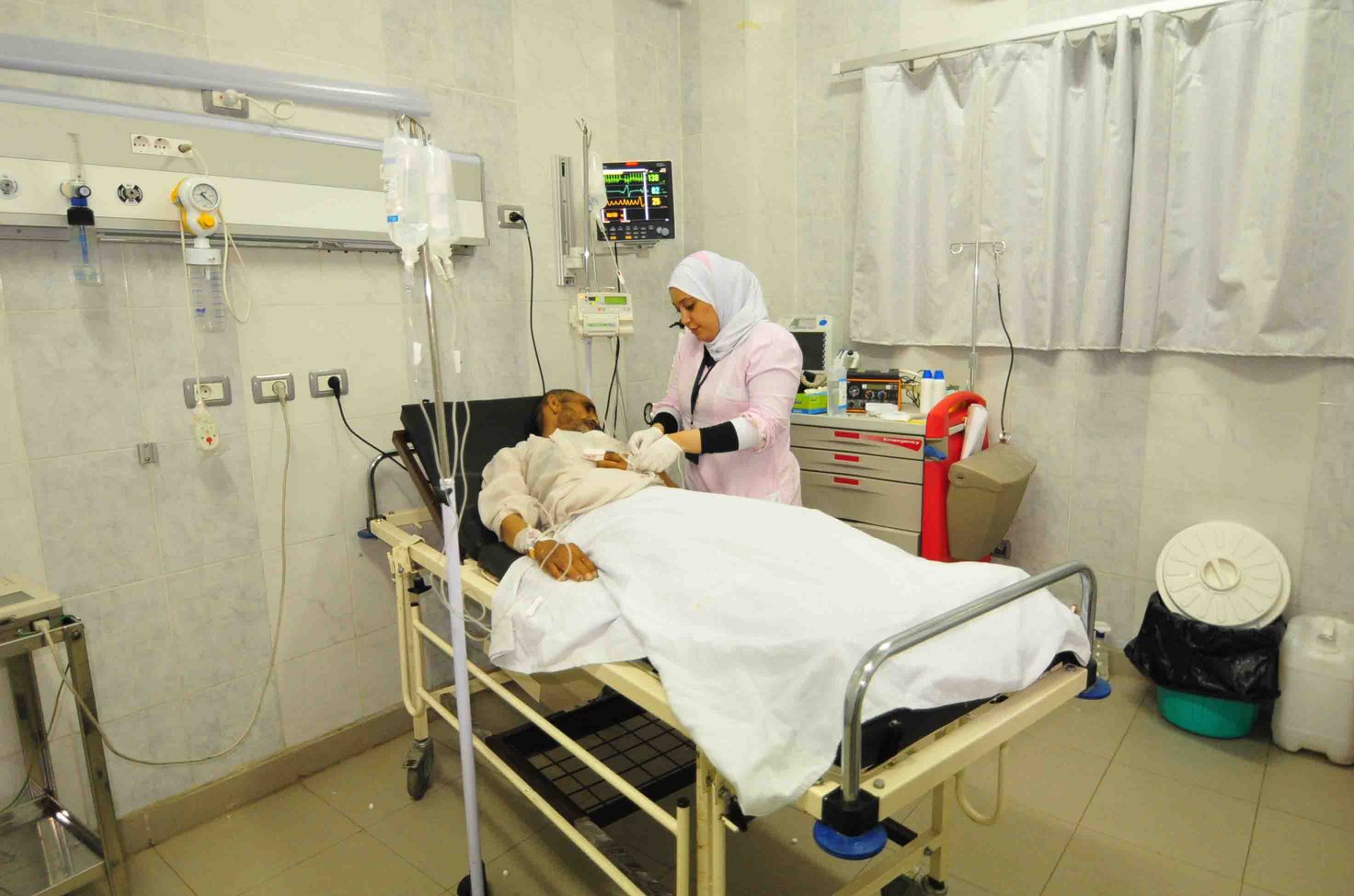“Women are the agents of change in driving the climate agenda forward,” said Minister of International Cooperation Rania Al-Mashat during a fireside chat with European Bank of Reconstruction and Development (EBRD) President Odile Renaud Basso in a hybrid event held at the EBRD’s auditorium in London on International Women’s Day.
The event was moderated by EBRD Director of Gender and Economic Inclusion Barbara Rambousek to discuss the role the public and private sector play in advancing the gender equality agenda and the COVID-19 pandemic, climate change, fragility and conflict, and the impact of these shocks on women and gender equality.
Advancing gender equality in the context of the climate crisis is one of the greatest global challenges of the 21st century, as women are more disproportionately affected and more vulnerable to the effects of climate change, particularly in the agriculture sector, where women are regarded as the backbone of the sector, representing 45% of the workforce, said Al-Mashat.
Nevertheless, the minister noted that women and girls are recognised as effective change-makers for climate adaptation and mitigation, as women are at the forefront of climate change decision-making in their homes through either recycling used cooking oil, crop production, and reducing food waste.
She added that improving gender equality contributes to policy choices that lead to better environmental governance, as there are opportunities for the private sector to be enhanced through bridging technological gaps for rural women so that more women can be engaged in the green transition and promote inclusive climate action.
Under a strategic umbrella based on a holistic scheme of an inclusive-green-digital nexus, Al-Mashat noted that the issue of gender has been at the forefront of every discussion with other stakeholders.
“In the age we live in today, we are always prone to crises, whether it’s a conflict or a pandemic; and for that reason, the international community and the private sector must come forward in realising the importance of the gender component to design comprehensive strategies, as women’s participation is macro-critical.”
For her part, Basso commended the Ministry of International Cooperation role in fostering effective cooperation that helps in defining the role of each development partner to deliver its gender objectives.
She added that the EBRD is focused on linking climate change and gender equality as key priorities. “It is not just for the sake of gender equality, but it is fundamental for the success of the green transition; having women fully on board is absolutely needed if we need to succeed in that,” Basso said.
The event coincides with the launch of the new country strategy between Egypt and the EBRD, which sets out a comprehensive framework of development cooperation that is based on a holistic scheme of inclusive-green-growth nexus and promoting equal opportunities for women and girls.
Promoting gender mainstreaming in all aspects of development, the strategy is a combination of green growth and inclusive growth objectives, which is a novel development model that enables Egypt to embark on the path towards more comprehensive sustainable development.




